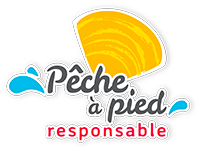- DO: Check the sanitary status of the sites where you plan to gather shellfish
- DO: Check the tide timetables
- DO: Check the weather forecast on the day
- DO: Let someone know that you are going shellfish gathering
- DO: Always have a means of communication or signalling with you (e.g. mobile phone, whistle, torch)
- DON’T: Go shellfish gathering after heavy rain

Dos & Don’ts
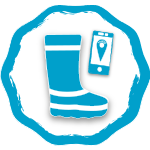
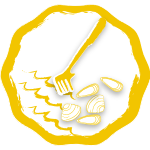
- DO: Follow shellfish gathering and consumption restrictions
- DO: Go gathering away from harbours, river mouths and drainage systems
- DO: Go gathering at known sites frequented by other people
- DO: Respect the authorised landing sizes and quantities
- DO: Use authorised shellfish gathering tools
- DO: Wash and refresh shellfish in seawater
- DO: Stay reachable and in sight of other shellfish gatherers
- DO: Keep a constant eye on the incoming tide
- DO: Watch out for fog, sunburn and falls
- DON’T: Go gathering within 15 metres of shellfish farms
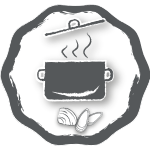
- DO: Throw away any shellfish that are dead, chipped or that smell off
- DO: Purge shellfish of sand and silt
- DO: Quickly place shellfish in a refrigerator
- DO: Eat shellfish quickly after gathering them – ideally on the same day
- DO: Wash shellfish thoroughly before eating them
- DO: Eat your shellfish with your family or friends (it is forbidden to sell shellfish you have gathered)
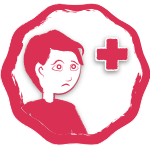
If you become sick within a few hours of eating shellfish that you have gathered yourself or bought (i.e. headaches, shivers, fever, diarrhoea, nausea, vomiting, etc.), you should:
- Avoid self-medication
- Seek medical advice
- Inform the doctor treating you of the shellfish gathering site and date of gathering
- Keep any uneaten shellfish in the refrigerator so that they can be analysed later.
If your doctor is aware of several cases of illness in connection with the consumption of shellfish, s/he will inform the Public Health Officer of the Regional Health Authority (ARS).
In the event of a food poisoning outbreak, the Pubic Health Officer will take measures to protect the population and trigger investigations into the source of the shellfish contamination so that action can be taken to reduce it.
By seeking medical advice, you are the first link in the chain of alert for the health authorities. You are therefore helping to prevent risks for other shellfish gatherers and consumers.
